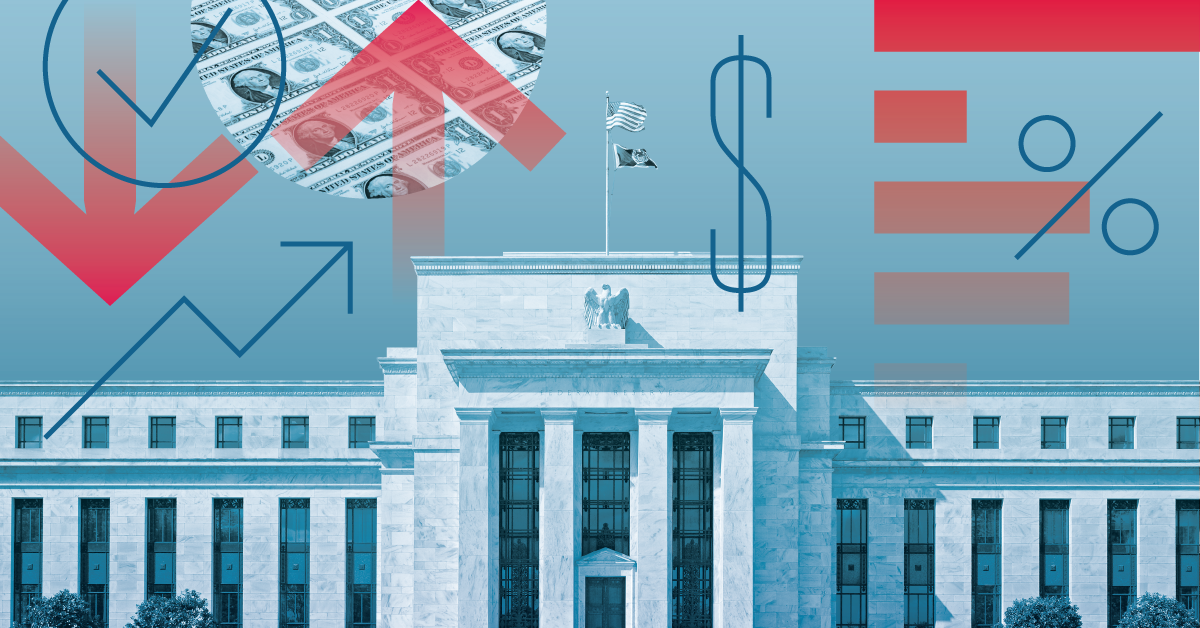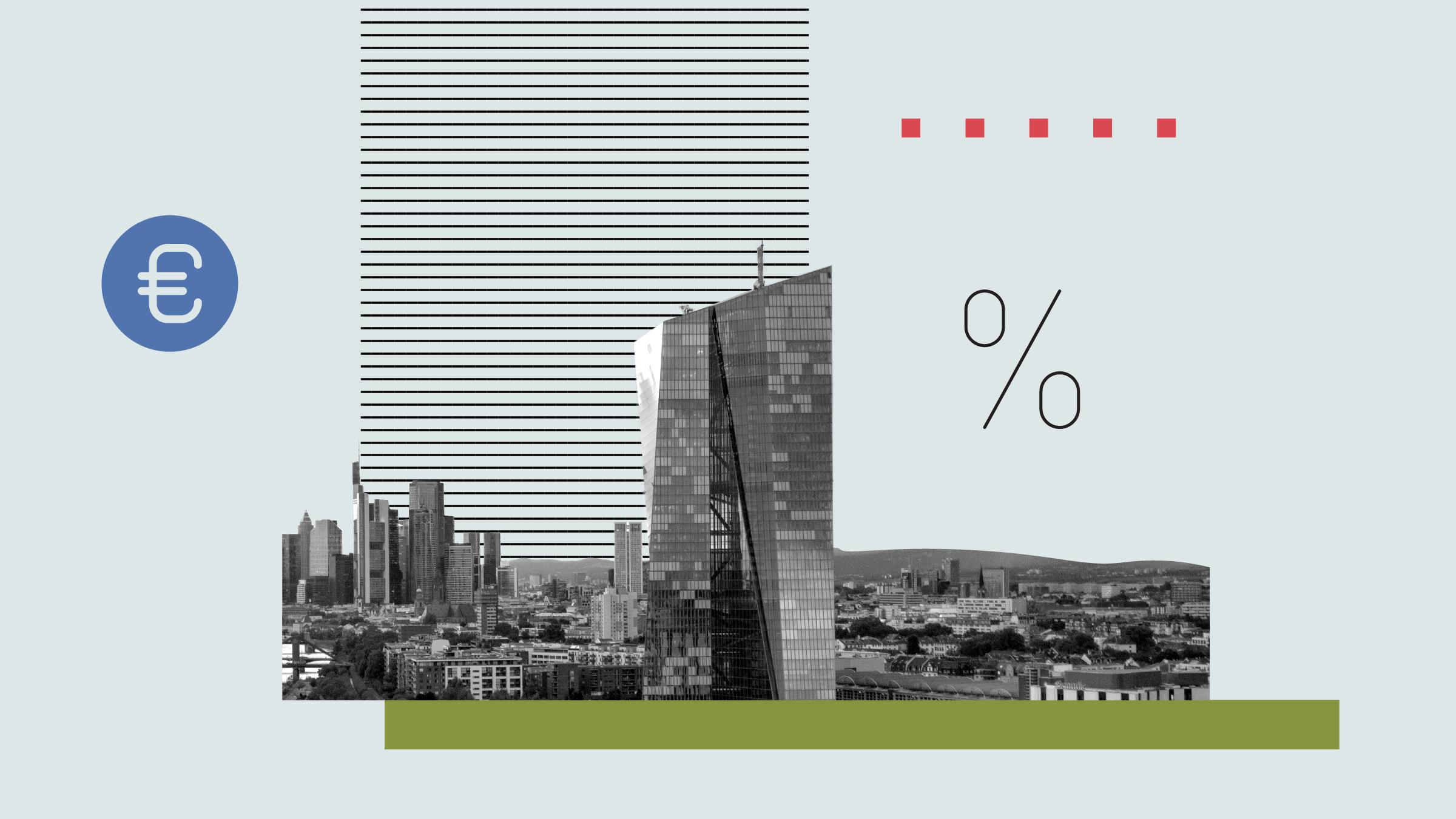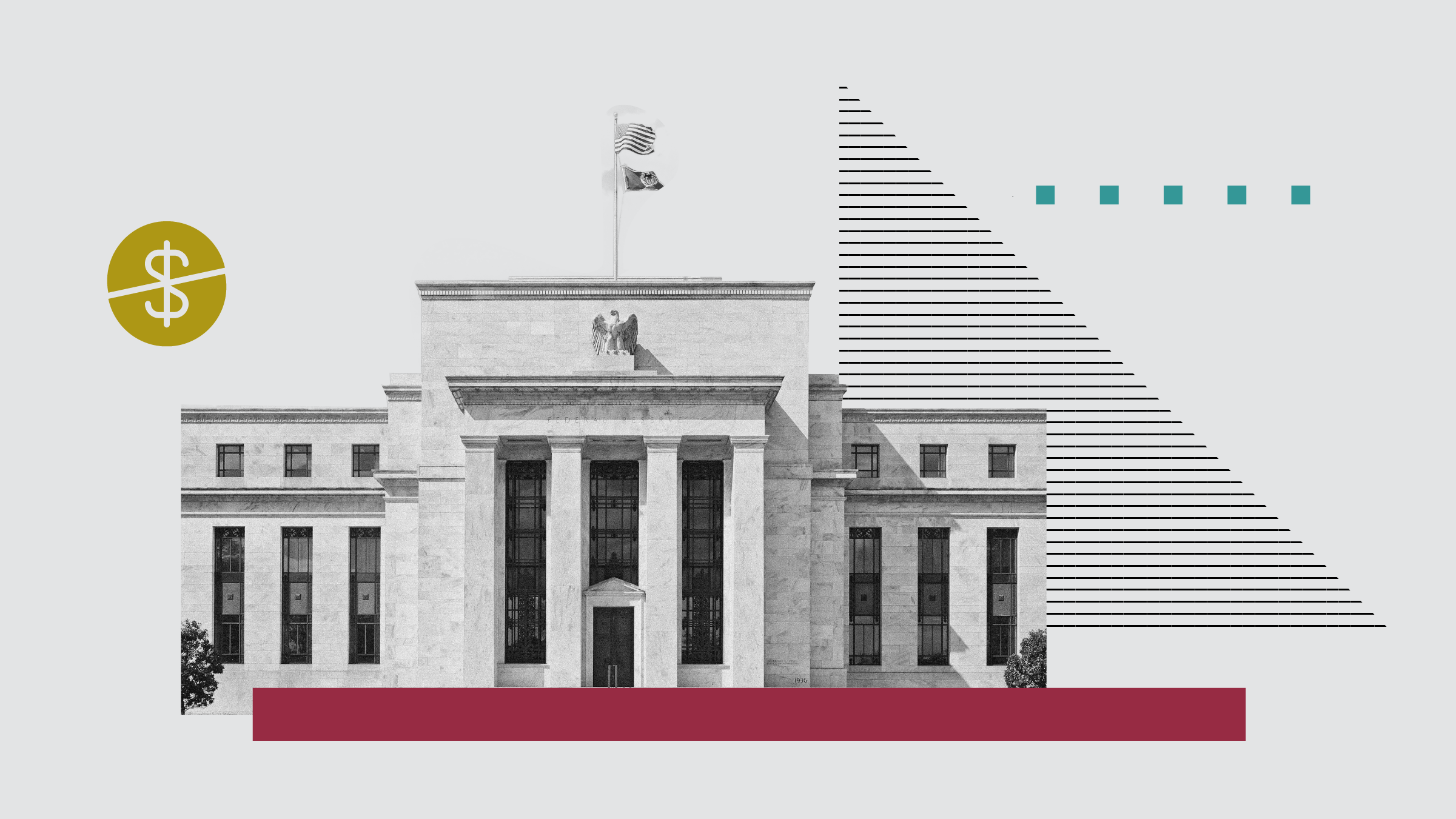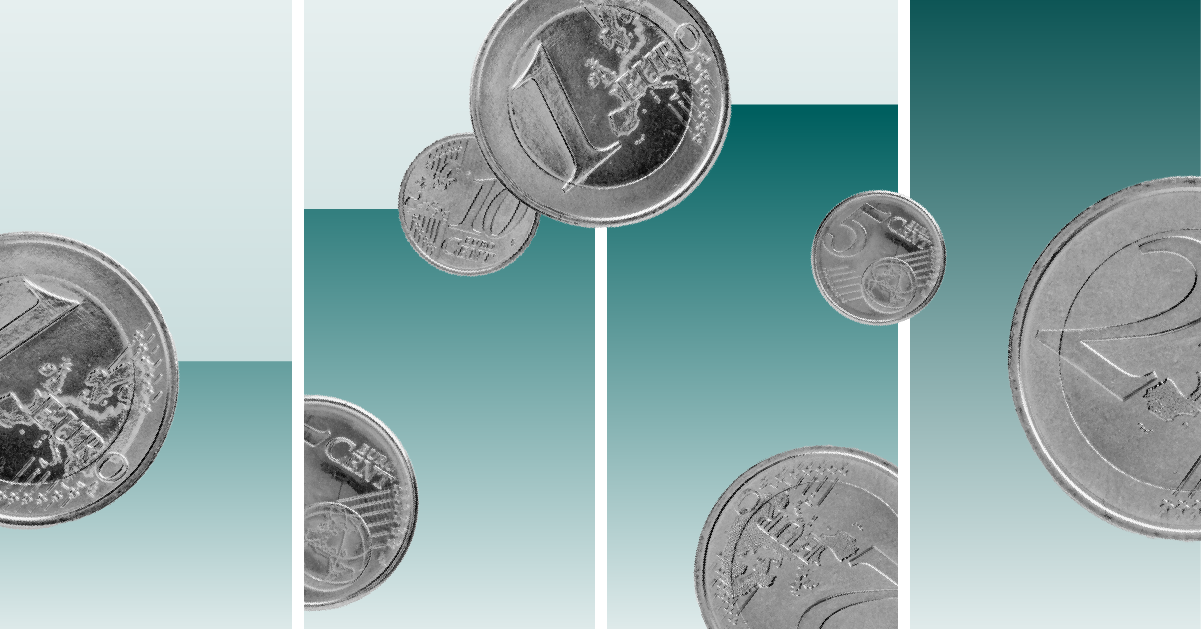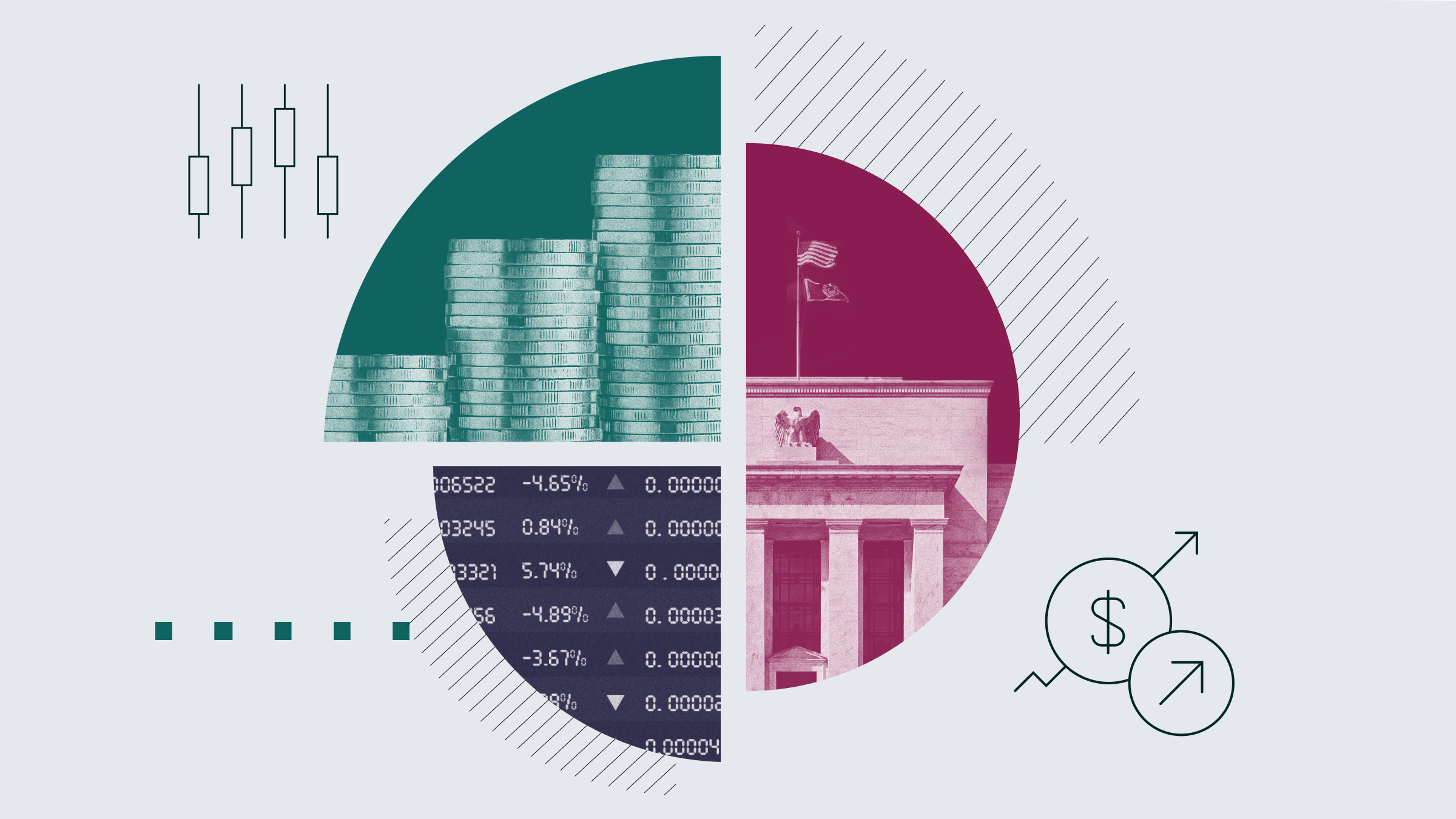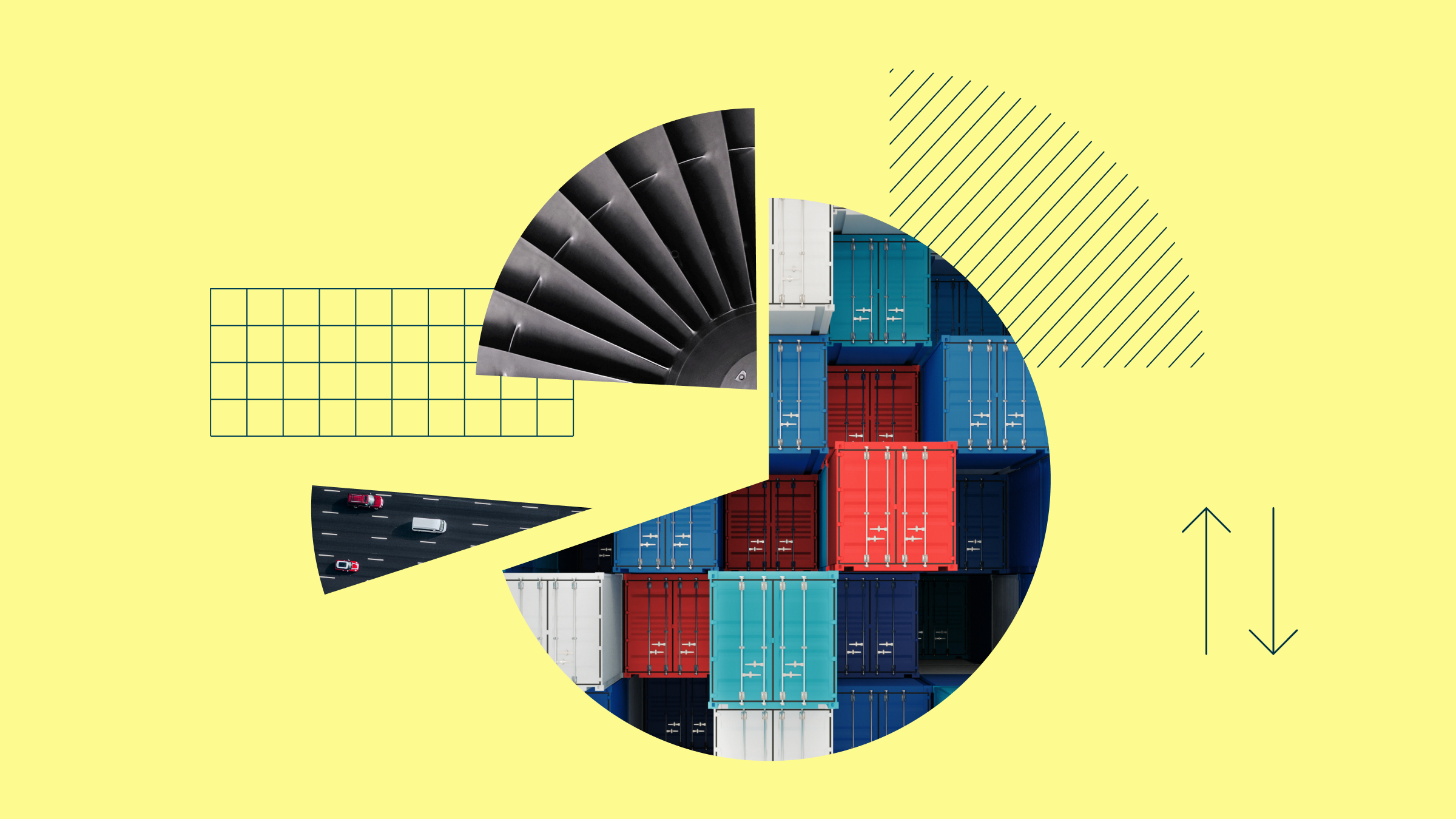Holly Black: Welcome to the Morningstar series, "Why Should I Invest With You?" I'm Holly Black. With me in the studio is Jim Leaviss. He is manager of the M&G Global Macro Bond Fund.
Hello.
Jim Leaviss: Hello.
Black: So, I know you've been here before, but just tell us quickly a little bit about what the fund does.
Leaviss: The Macro Bond Fund is M&G's most flexible bond fund. So, it invests in government bonds, corporate bonds, high yield, emerging markets, inflation, all the different bond asset classes, and also currencies as well. So, it goes anywhere around the world looking for the best bond opportunities.
Black: Nice tight remit for you, then?
Leaviss: Yeah, it's really interesting. You can literally be looking at Korea one day and looking at what the ECB is doing about buying corporate bonds the next. So, it does give me unlimited excuses to look around the world.
Black: And you're focused on the macro side of things, which must be incredibly difficult at the moment. What are some of the things that keeping you awake at night?
Leaviss: Oh, everything. It's the most interesting time we've had in geopolitics for a very long time, probably since the Berlin Wall came down in 1989. So, you know, you've got trade wars, probably provoking some sort of global manufacturing recession. You've got inflation that just won't kick in. So, the European Central Bank is throwing more and more stimulus at its economy. You've got Brexit, of course, which I promise not to talk about in any more detail but causing some macro populists things going on around the world. And it's just interesting, dangerous, and we're in uncharted territory for fixed income markets.
Black: None of that sounds like a very rosy picture to be investing in bonds though. Is it hard at the moment?
Leaviss: Well, the dirty secret of bonds is that we really like bad news. So, if people are uncertain, scared, worried about low growth, worried about low inflation, then fixed income markets do well. And added to that, you've got central banks either doing or preparing to do more systematic bond buying. That's a really good backdrop for fixed income still, and probably we'll be in this backdrop for potentially years to come.
Black: But what about yields? If they're coming down, that's harder to generate an income?
Leaviss: Yeah, that's the bad news. But there's not a lot we can do about that. We can look for areas that still do offer you a good risk-adjusted yield. But they're becoming few and far between. And probably investment-grade corporate bonds, the yields aren't very attractive, you may be get 60 basis points more than the government bond. High yield 300 basis points, which is, you know, works, but there are higher risks of default. So, perhaps the only area with attractive yields in fixed income is emerging market debt, and you can get 6% to 10% there, but we're seeing with Argentina, you do run a very higher risk of volatility and bad things happening.
Black: So, because there is so much political risk at the moment, does that mean you're having to chop and change the portfolio around quite a lot?
Leaviss: Not really, because we've been positioned for this kind of world for some time. It's one of my one of my bugbears is I'm a bit of a Cassandra and I've been looking at what's happened since the Great Financial Crisis, the buildup of debt, the response from central bankers. So, we kind of are positioned for this. Things that we have done, though, have been to add some more Japanese yen to the portfolio, and that acts as a very defensive currency. So, when risky assets are in difficulties, the yen will tend to do well. So, there are things you can do as valuations change. And one of the things I've been doing, is saying, actually, investment-grade credits and high yield don't look to be such good value anymore, given the geopolitical background we're in, so we can lose those from the portfolio and move into safer government bonds.
Black: And presumably, this is one of the benefits of being a flexible bond manager rather than someone who's stuck either with government bonds or high yield or investment-grade? You can move about them all.
Leaviss: Yeah, and I think that benchmark investing perhaps works for equities, where you have, kind of – Apple does well, its share price doubles, you end up owning more and more of it. But remember, with bond investing, if you're a benchmarked investor, you end up having to buy more and more Italy when it issues more and more debt or more and more of the companies that went bust in the Great Financial Crisis because they're borrowing more. So, I think being anti-benchmark in fixed income is really a massive advantage over being anti-benchmark in equities, and it's the right thing to do for bond investors. Avoid the losers is as important as picking the winners.
Black: Well, thank you so much for your time.
Leaviss: Thank you.
Black: And thanks for joining us.






